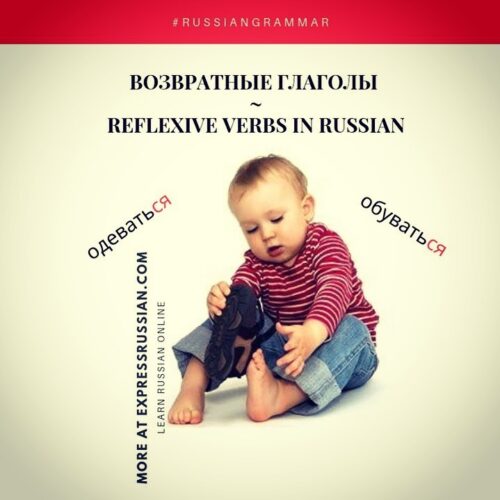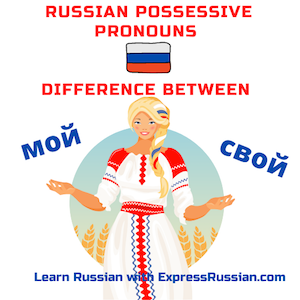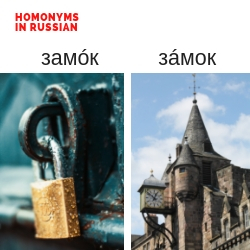What are reflexive verbs? Reflexive verbs in Russian (Возвратные глаголы в русском языке) are verbs that end in postfix –ся / –сь. This postfix is an archaic form of the reflexive pronoun себя / self in the accusative case. This prefix merged with the initial verb in the old Russian language, creating new meanings of the corresponding verbs. […]




